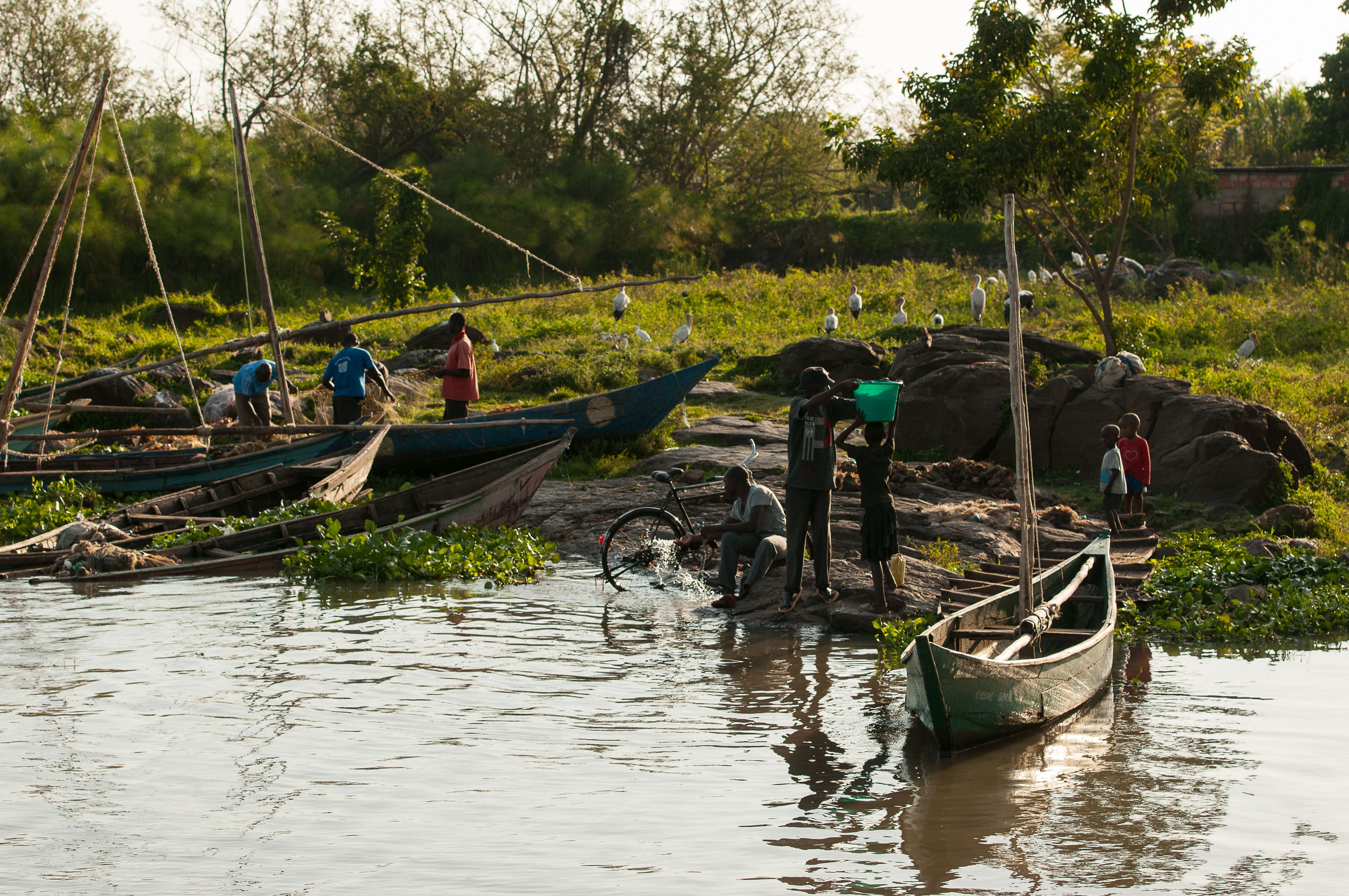From 11 to 22 November 2024, the East African Community (EAC), through its joint Lake Victoria Basin – Integrated Water Resources Management Project, supported by GIZ, is poised to participate in the COP 29 in Baku, Azerbaijan.
This collaboration exemplifies GIZ's commitment to reinforcing East Africa’s resilience to the effects of climate change, promoting sustainable development, improving natural resource management and amplifying the region’s capacity to engage on a global stage.
The core objective of this partnership is to secure international support in addressing the multifaceted impacts of climate change, facilitating sustainable growth, and promoting environmental stewardship. By aligning East Africa’s climate priorities, this collaboration seeks to elevate the EAC’s voice, advocate for necessary resources, and implement climate actions that resonate across sectors and communities in the region.
At COP 29, the EAC, with GIZ’s support, will align its agenda with the United Nations Framework Convention on Climate Change (UNFCCC’s) thematic areas, emphasising essential aspects of climate action. Key thematic areas include:
- Adaptation, including loss and damage: highlighting the urgent need to build adaptive capacities that mitigate irreversible impacts, particularly those of food security and livelihoods.
- Integrated and holistic approaches: emphasising the importance of cross-sectoral strategies that combine mitigation, adaptation, and sustainable development to create a robust climate resilience framework for the region.
- Means of Implementation and Support: advocating for finance mobilisation, technology transfer, and capacity-building mechanisms needed to implement effective climate solutions.
- Mitigation, including response measures: highlighting commitments to reduce greenhouse gas emissions across sectors like agriculture, energy, and transportation, with a focus on sustainable development and energy access.
- UNFCCC-related procedural topics: addressing legal and collaborative aspects that ensure effective implementation of international climate agreements.
To advocate for East Africa’s climate priorities, the EAC has crafted messages that bring attention to the region’s unique needs and challenges:
Elevate recognition of regional climate challenges: emphasise the critical need for global recognition of East Africa’s distinct vulnerabilities, including water scarcity, land degradation, and agricultural impacts, calling for targeted support.
Advocate for increased climate finance: urge for equitable access to financial resources to bolster EA’s resilience efforts. Such funding is essential to drive adaptation initiatives, enhance infrastructure, and support sustainable development.
Foster technology transfer and capacity building: Highlight the importance of strengthening regional capacity through technology sharing and skills building initiatives, enabling EA to adopt impactful, long-term climate solutions.
Strengthening partnerships and collaborative efforts: Encourage alliances that align with EAC climate goals, promote coordinated action across various sectors, and enhance the region’s ability to tackle climate challenges collaboratively.
Promote a unified regional strategy: advocate for a cohesive approach that consolidates the voices of EAC Partner States, ensuring East Africa’s perspectives are effectively represented on the international climate forums.
In line with the above messages, GIZ’s partnership with the EAC strengthens East Africa’s climate resilience by building institutional capacity, mobilising resources, and promoting a unified regional strategy. Through targeted technical and financial support, GIZ enables the EAC to consolidate Partner States’ climate priorities, ensuring East Africa’s challenges are effectively represented in global climate negotiations. This collaboration exemplifies the power of partnership in facing global climate challenges, as it amplifies East Africa’s voice, advocates for critical resources, and champions sustainable development. Together, the EAC and GIZ are paving the way toward a resilient, prosperous, and sustainable future for the region. Find more information on LVBC-IWRM here.
